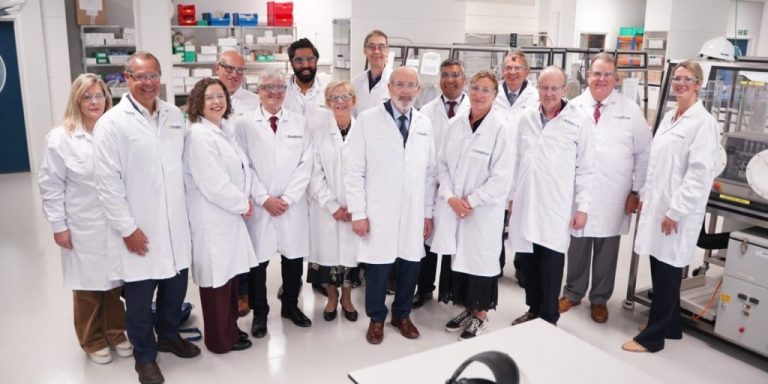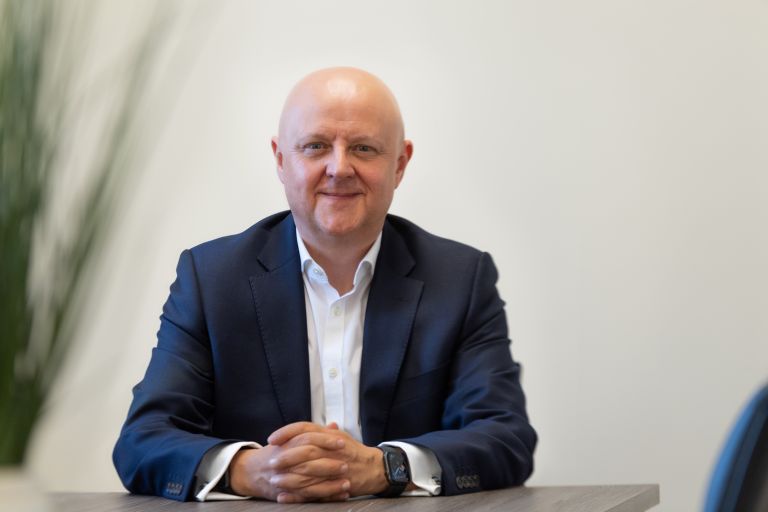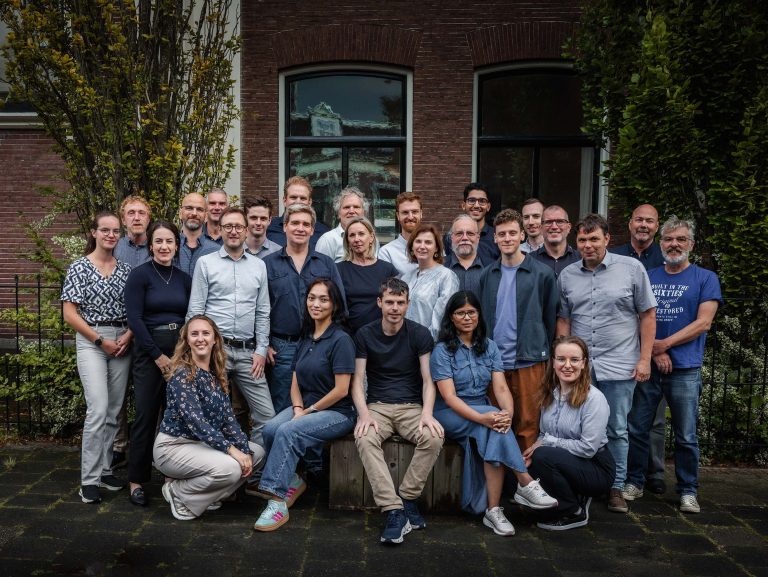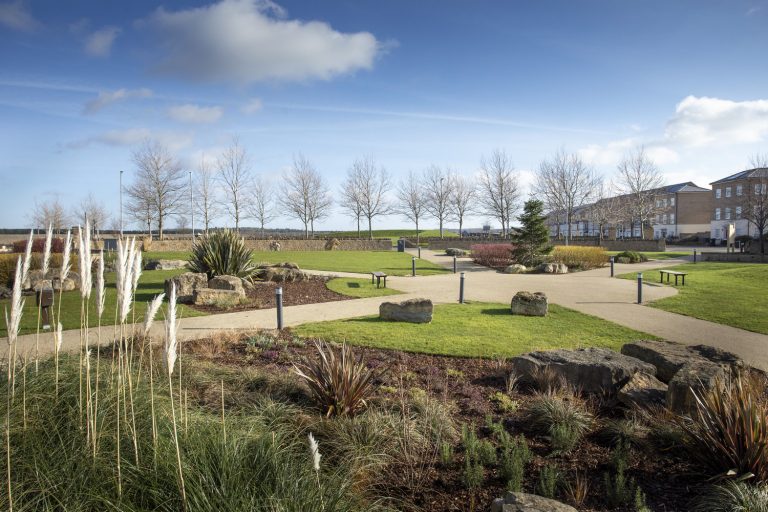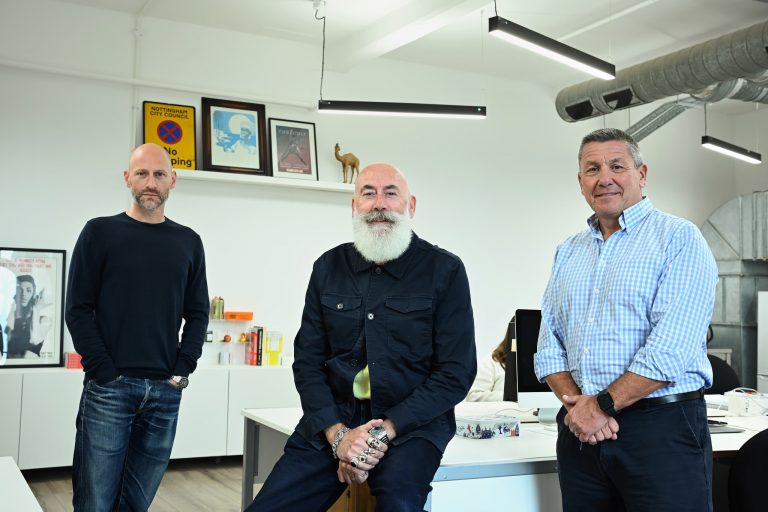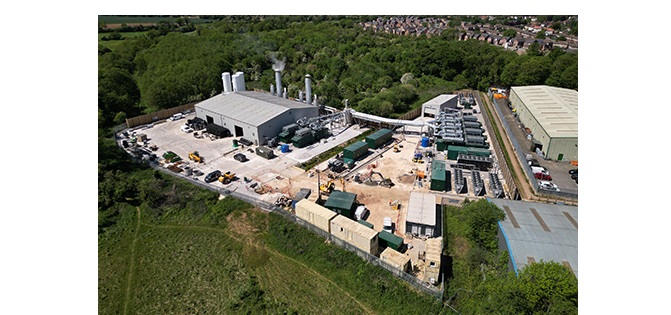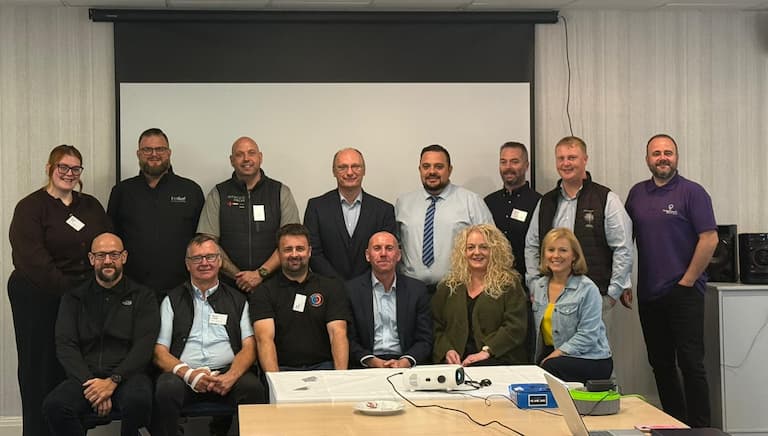With the
East Midlands Bricks Awards 2025 taking place in just a week’s time (on
Thursday 2nd October), there’s not long left to secure your seat at the prestigious event.
The awards recognise and celebrate those behind the changing landscape of our region – the very best companies, teams, individuals and projects.
They also present a prime opportunity to network with property and construction leaders from across the East Midlands over nibbles and complimentary drinks, sponsored by
Wood Moore & Co.
Attend the glittering awards ceremony at
Trent Bridge Cricket Ground to see who takes home the title of Contractor of the Year, Developer of the Year, Commercial Development of the Year, Residential Development of the Year, Sustainable Development of the Year, Deal of the Year, Most Active Agent, Architects of the Year, Excellence in Design, Responsible Business and of course Overall Winner.
Book your place at the 10th annual awards now to avoid disappointment!
The event, which will begin at 4:30pm and continue until 7:30pm, will also feature Councillor Nadine Peatfield – Leader of Derby City Council, Cabinet Member for City Centre, Regeneration, Strategy and Policy, and Deputy Mayor of the East Midlands, as keynote speaker.
Shortlist for the East Midlands Bricks Awards 2025
Architects of the Year – sponsored by
Roy Geddes Bricks
Church Lukas
Morrison Design
Pelham Architects
Contractor of the Year – sponsored by
EMEC Ecology
Goodward Construction
Miller Knight
Winvic Construction
Developer of the Year – sponsored by
Devello
Clowes Developments
St James Securities
Vistry East Midlands
Most Active Agent – sponsored by
Knapton Wright
Salloway Property Consultants
OMEETO
Rigby & Co
Deal of the Year – sponsored by
Frank Key
Built-to-rent deal at next phase of Derby Castleward regeneration – Lovell, Placefirst
Vaillant Live deal – St James Securities
Top Wighay deal – Vistry East Midlands
Residential Development of the Year – sponsored by
Build Manager
Abbey Central – Stagfield Group & Peveril Homes
Riber Castle – StudioTwenty
Prospect Place – TUNE
Commercial Development of the Year – sponsored by
Global HSE Group
Sherwood Observatory – G F Tomlinson
Canopy, Leicester – Henry Brothers
Homefield College SEND Building – Scope Construction
Vaillant Live – St James Securities
Sustainable Development of the Year – sponsored by
Viridis
Evo Corby – PBBE Corby BV, PineBridge
Rykneld Homes North East Derbyshire retrofit – Coactivation
Nottingham College Construction Skills Centre (CSC) and The Gateway – G F Tomlinson
Abbey Central – Stagfield Group & Peveril Homes
Excellence in Design – sponsored by
Konsileo
Loughborough University DigiLabs Teaching Space – APSS
Sutton on Sea Colonnade and Pleasure Gardens – G F Tomlinson
Vaillant Live – St James Securities
Responsible Business – sponsored by
Wright Vigar
Scope Construction
G F Tomlinson
Morrison Design
The Overall Winner, sponsored by SEV, will also be announced at the ceremony, the winner of which will be awarded a grand prize – a year of marketing/publicity with Business Link worth £20,000, with the opportunity to split or gift the marketing to a charity of their choice.
The East Midlands Bricks Awards 2025
What: The East Midlands Bricks Awards 2025
When: Thursday 2nd October (4.30pm – 7.30pm)
Where: Derek Randall Suite,
Trent Bridge Cricket Ground, Nottingham. Limited parking available onsite with additional free parking at Notts Sports Ground.
Keynote speaker: Councillor Nadine Peatfield – Leader of Derby City Council, Cabinet Member for City Centre, Regeneration, Strategy and Policy, and Deputy Mayor of the East Midlands
Tickets: Available
here
Dress code: Standard business attire
Thanks to our sponsors:












To be held at:






